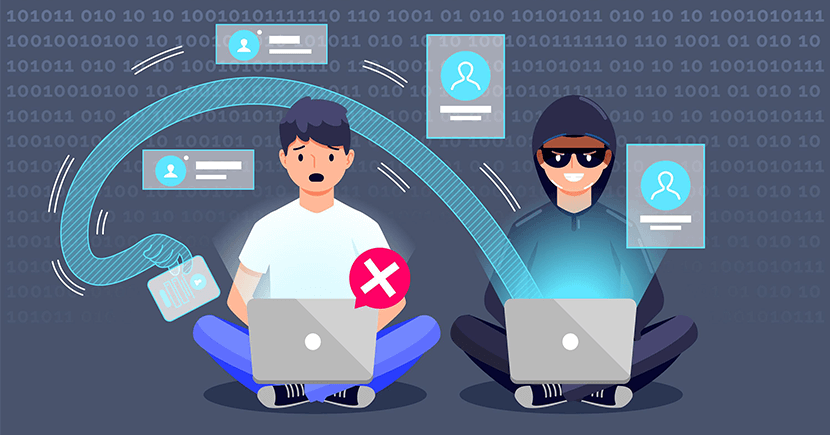What is the Dark Web? How to Prevent Your Data from Being Stolen?
If you’re like most people, you probably think the dark web is a scary place full of criminals and hackers. And while it’s true that there are some unsavory characters lurking in the shadows, there’s also a lot of valuable information to be found on the dark web.
So how can you make sure your information never ends up in the wrong hands? Read the article to find out.
What is the dark web?
The dark web is a part of the internet that is only accessible with special software. It is often used for illegal activity, such as buying and selling drugs or weapons. However, it can also be used for legitimate purposes, such as communicating anonymously or accessing information that is censored in your country.
How can your information end up on the dark web?
There are a few ways your information can end up on the dark web. The most common is through data breaches. When a company is hacked, the hackers will often steal sensitive information like names, Social Security numbers, and credit card numbers. This information is then sold on the dark web. Another way your information can end up on the dark web is through phishing scams. Phishing is when someone pretends to be a legitimate website or service in order to steal your personal information. Once they have your information, they can sell it on the dark web. Finally, your information can end up on the dark web if you accidentally click on a malicious link or download a malicious file. If you do either of these things, you could be exposing your personal information to criminals.
What are the dangers of the dark web?
There are a number of dangers associated with the dark web, and these include:
1. Malware and viruses: There is a higher risk of malware and viruses on the dark web, due to the fact that many of the sites hosted there are not legitimate. This means that there is no guarantee that the files you download will be safe.
2. Identity theft: Due to the anonymous nature of the dark web, it is a hotspot for identity theft. If you are not careful with your personal information, it could end up in the wrong hands. 3. Scams: There are many scams operating on the dark web, ranging from fake products to pyramid schemes. If you are not careful, you could end up losing a lot of money.
What are some steps you can take to prevent your information from being stolen and ending up on the dark web?
It’s important to be conscientious about the safety of your online information. Here are some steps you can take to prevent your information from being stolen and ending up on the dark web:
– Use a strong, unique password for every online account.
– Avoid using public Wi-FI networks.
– Be cautious about what personal information you share online.
– Keep your software and antivirus programs up to date.
– Monitor your credit report regularly.
If you are still wondering how to remove your information from the dark web, there are a few things you can do. First, search for your information on popular dark web directories like The Real Deal and Encyclopedia Dramatica. If you find your information there, contact the site administrator and ask them to remove it.
You can also try using a search engine like Tor or I2P to access the dark web. Once you’re on the dark web, look for sites that offer removal services. These services will often charge a fee, but they can help you remove your information from the dark web quickly and easily.
You can also use a credit monitoring service that will notify you if someone uses your identity to apply for a new credit card, wireless device, utility payments, check reorder, mortgage, or car loan application. It will also monitor your credit files every day for key changes such as new accounts, credit inquiries, credit limits exceeded, or payments missed.
Conclusion
Now that you know what the dark web is, and how to access it, make sure that you keep yourself safe. You should enable two-factor authentication whenever possible, as this will make it much harder for someone to access your accounts even if they do have your password. Finally, you should regularly check your credit report for any signs of fraud or identity theft.
If you like our article, please consider buying a coffee for us.
Thanks for your support!
 Buy me a coffee!
Buy me a coffee!


Join the Discussion.